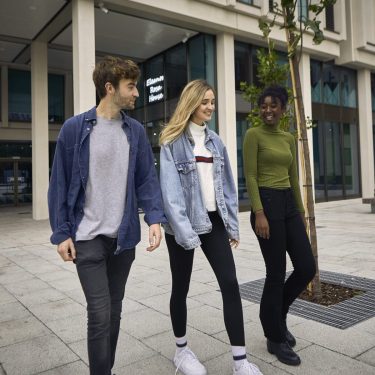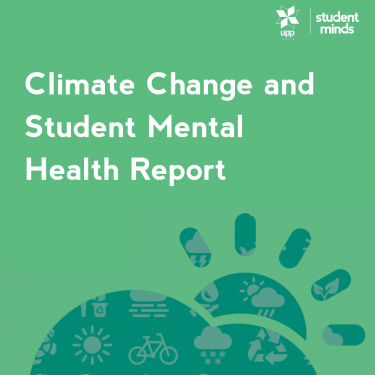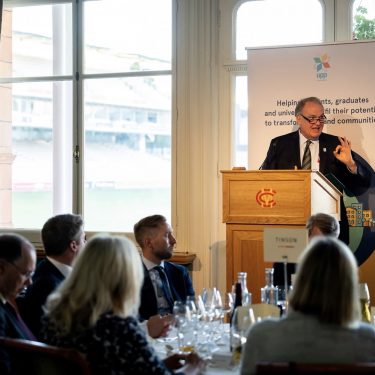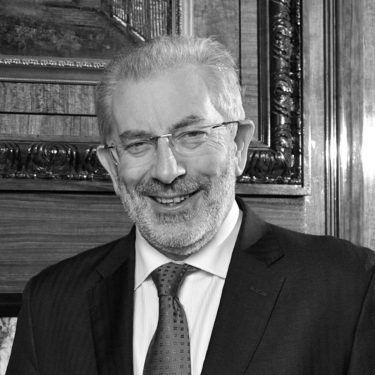- Government should create and fund a Community Leadership Academy for six months full time or part time paid work placement for young people
- Coalition of eight leading youth organisations, school trusts and education charities – led by the UPP Foundation (the registered independent charity founded by University Partnerships Programme) – call for action to safeguard young people after Covid-19, and build upon mood of civic engagement
- Other proposals include additional Pupil Premium funding for wrap around support for young people, greater university support for new students and virtual open days
Disadvantaged young people under the age of 25 should be given the opportunity to work for six months in a paid placement around the country, doing work to support local communities and addressing the risk of mass youth unemployment, while also being supported to engage with, or remain in, higher education, under plans put forward by the UPP Foundation and a coalition of leading school trusts and charities.
Led by the UPP Foundation, the coalition includes Ark, Reach Academy, The Access Project, Bridge Group, Brightside, IntoUniversity, and The Centre for Education and Youth. They say that it is clear that young people leaving school or college or university this summer are at risk of a combination of factors impacting in a way not seen in peacetime. Whether it is the job market for young people disappearing, apprenticeship starts plummeting, or disruption to university terms, the economic and educational impacts on young people go much further than immediate issues of school closures.
The Community Leadership Academy scheme – which would cost around £500m a year – would offer 75,000 placements around the country, working in partnership with universities, charities, local government and social enterprises. It would employ young people for a six month period to carry out civic work, during the period of a softer labour market, while giving them 20% off-the job support for their own development, much like an Apprenticeship.
The scheme would either be open to young people who have left education and are not in work or training, who would be employed full time, or current HE students, who could participate part time. Given the decline in part time jobs like catering and hospitality which many students depend on, this scheme would also act to help retain such students in HE. Any student who was previously eligible for the Pupil Premium between the ages of 11-16 would be eligible to apply for the Academy, as those will be the ones who are likely to have the least opportunities to navigate this period of turbulence in education and employment.
The coalition also call for the government to temporarily increase the Pupil Premium throughout the next academic year, and to extend it to young people aged 16-18 in schools and colleges. This funding should be used to offer wrap around services for the young people they support, as the effects of closure during this year become more apparent. Such services could include provision for tutoring or catch up academic support, or other pastoral provision.
Universities should work collaboratively to design a model of best practice for supporting incoming students and provide them with the support they need, including around mental health. And universities should also accelerate their plans so that anyone wanting to apply to university this Autumn has access to fully ‘virtual open days’, the report says.
Richard Brabner, the Director of the UPP Foundation, said:
“The UPP Foundation was set up to ensure there is greater equity in going to, succeeding at and benefiting from the university experience. But whether it is unemployment or disruption to education, it is becoming increasingly clear that the effects of Covid means young people are faced with an unprecedented combination of challenges that will continue even after schools, colleges and universities reopen.
“The renewed civic action inspired by this crisis should be seized upon to help overcome them. Up and down the country, we’ve seen a swell of local community support to help the NHS and vulnerable people. By funding a civic army of 75,000 young people, we could utilise this community endeavour to empower and pay them to support their local areas – ‘levelling up’ disadvantaged young people and communities alike”








